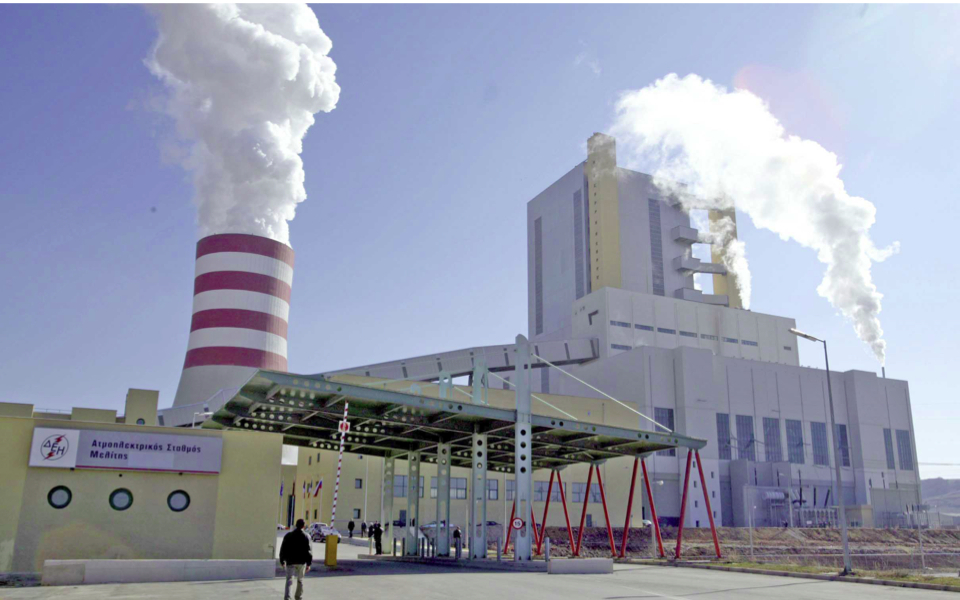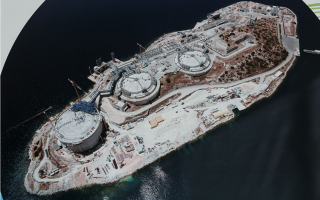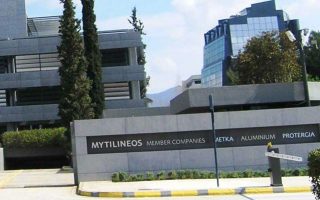Greece reviews its energy strategy again

The geopolitical instability in Eastern Europe combined with rising uncertainty over the supply of energy at sustainable rates are forcing Greece to seek ways to tackle the short-term effects of the crisis and to revise its energy strategy.
The Energy Ministry, the Regulatory Authority for Energy, producers and other competent parties are reviewing plans on the fuel mix and infrastructures, at least for the coming decades, until the country achieves full independence from fossil fuel and transitions to renewable energy sources by 2050.
Developments are forcing Europe as a whole to restructure its energy transition strategy that has been proven to have overlooked the supply security and cost parameters. A temporary swing back to coal and oil could slash gas imports by 28 billion cubic meters before leading to an increase in emissions, according to European Commission Vice-President Frans Timmermans.
Greece is already adjusting to this short-term strategy to ensure its supply sufficiency, being ready to fully reopen its lignite-fired units and the oil one in Crete, as well as switching the operation of five gas-powered plants to diesel.
The debate on power production has now shifted focus as the energy crisis has underscored the importance of having domestic fuel sources, both for supply security and for rates.
Without questioning the delignitization program, there are now talks on its timetable. RAE appears to have proposed that lignite stays in the mix until it is replaced by RES units and sufficient storage capacity, so that Greece does not have to depend on imported gas. It also reviews any new gas infrastructure application based on its amortization time and the capacity of hydrogen or biogas transfer.
RAE has also expressed its disagreement with the expansion of natural gas to new areas in the country, presenting studies showing heat pumps as more cost-efficient.
For the first time Greece is also working toward adding nuclear energy to the power production mix. Government sources say talks concern bilateral agreements of Greek power producers with Bulgaria on output from new plants the neighboring country is planning. The long-term contracts will secure Greece fixed energy rates, shielded from market fluctuations.





